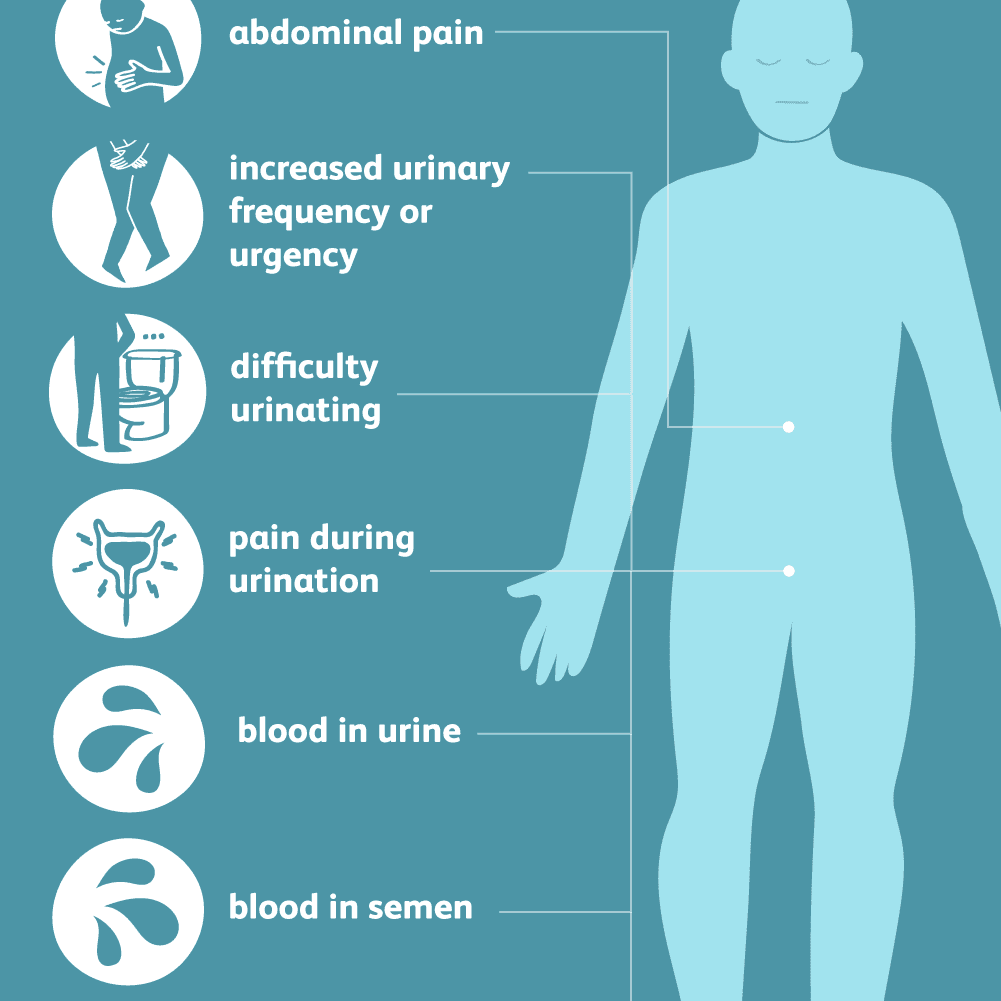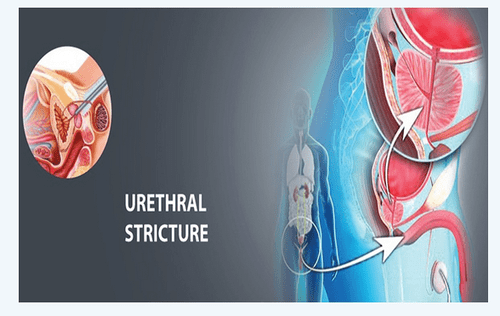
What is Stricture Urethra? What are the causes, diagnoses, symptoms, and treatment of Stricture Urethra
What is stricture urethra?
The main function of the urethra in males and females is to pass out the urine outside your body. This thin tube plays a vital role in the ejaculation of the men. Stricture urethra is the condition in which the scar from inflammation, injury, or infection blocks or slows the urine flow. Stricture urethra makes feel painful to many people. Stricture urethra mainly occurs in males in comparison to females.
Symptoms of stricture urethra:-
Urethral stricture can have many symptoms and the result is a weakened urinary system that depends from mild to severe. Here are some of the signs and symptoms of urinary stricture:-
· Straining to pass out the urine
· Pain while urinating
· Suffering from the infection in the urinary tract.
· A feeling of incomplete urinating
· Prostatitis
· Feeling urinating again and again
· Weak urinary system

Some people with severe urethral strictures are unable to urinate at all. This is known as urine retention, and it is a medical emergency. Hydronephrosis and renal failure can also occur as a result of urine backing up into the kidneys from a poorly draining bladder.
A urethral stricture can potentially induce prostate irritation. The prostate surrounds the urethra, which is located directly below the bladder. Urinary backlog can potentially lead to more serious urinary tract infections. These can be treated with antibiotics and urethral stricture therapy.
If the treatment is not done in proper time it can cause kidney infection and bladder stones and also it can cause bladder enlargement which can become defective with time. The treatment of urinary stricture depends upon how severe it is and the length of the stricture.
Causes of the stricture urethra:-
The common reason appears to be chronic inflammation or injury. Scar tissue can gradually develop from:-
· Any injury to the penis or scrotum
· Any past sexually transmitted disease infection such as chlamydia, gonorrhea
· Trauma
· A previous catheterization and urethral procedure
· Cancer of the urethra or prostate
· Radiation therapy
The scar tissue narrows the urethra, making it more difficult for urine to flow. Inflammation or damage to the urethra can occur long before the stricture becomes visible. In certain situations, the stricture occurs shortly after a urethral injury. This cause can be easily identified by simple tests such as uroflowmetry and retrograde urethrogram.
Diagnosis of stricture urethra
Your doctor will ask about your symptoms and medical history, as well as do a physical exam, to determine a diagnosis. Your doctor may advise you to undergo the following tests to identify the cause, location, and length of the urethral stricture:
· Urinalysis – examines your urine for symptoms of illness, blood, or cancer.
· Urinary flow test – determines the volume and intensity of urine flow.
· Urethral ultrasound- Ultrasound of the urethra determines the length of the stricture.
· Pelvic Ultrasound- Pelvic ultrasonography detects the presence of urine in your bladder post urination.
· Pelvic magnetic resonance imaging (MRI) – Pelvic MRI determines if your ailment affects or is influenced by your pelvic bone.
· Retrograde urethrogram- A retrograde urethrogram is a test that uses X-ray pictures to determine whether the urethra has a structural issue or damage, as well as the length and location of the stricture along the urethra.
· Cystoscopy- A narrow, tube-like instrument fitted with a lens (cystoscope) is used to check your urethra and bladder.
you should seek treatment only if your stricture develops complications. After treatment, you will need to have periodic follow-up tests for at least a year to verify that the stricture does not reoccur and that you are not infected.
Treatments of stricture urethra

Your therapy will be determined by your circumstances. The following treatments are available:-
Catheterization-
The initial step in addressing urinary obstruction is to insert a tiny tube (catheter) into your bladder to empty urine. If an infection is present, your doctor may also advise you to take antibiotics. If you have a short stricture, you may be able to self-catheterize at home
Dilation-
A small wire is inserted through the urethra and into the bladder by your doctor. Dilators of increasing size are passed over the wire to progressively expand the size of the urethral hole. For recurring urethral strictures, this outpatient surgery may be an alternative.
Urethroplasty-
This entails surgically removing or expanding the constricted part of your urethra. Reconstruction of the surrounding tissues may also be required as part of the surgery. During reconstruction, tissues from other parts of the body, such as your skin or mouth, may be utilized as grafts. The risk of urethral stricture recurrence following urethroplasty is minimal.
Endoscopic urethrotomy–
In this operation, your doctor inserts a narrow optical device (cystoscope) into your urethra and then inserts tools via the cystoscope to remove or vaporize the stricture with a laser. Although recurrence is conceivable, this surgical approach allows for a speedier recovery, less scarring, and a lower risk of infection.
Implanted stent or permanent catheter-
If you have a severe stricture and do not want to have surgery, you can have a permanent artificial tube (stent) to keep the urethra open or a permanent catheter to empty the bladder. However, there are some drawbacks to these operations, including the risk of bladder irritation, pain, and urinary tract infections. They also require close supervision. Urethral stents are often utilized as a last option and are rarely utilized.
In general, surgeons prefer urethroplasty to alternative surgical therapies for urethral stricture wherever it is possible. The common belief holds that conducting urethroplasty early in the course of treatment saves you from having to undergo several endoscopic urethrotomy if the urethral stricture recurs.
Why choose Dr. Sandeep Nunia for stricture urethra treatment in Jaipur
Dr. Sandeep Nunia is a highly experienced urologist who has a special interest in treating kidney stones, infertility, male harmony deficiency, treatment of sexual problems, uro-oncology issues, treatment of prostate enlargement, and treating urinary tract infection. He has earned MBBS, MS(General Surgery), MCH -Urology. He has completed his diploma from Germany in urogynaecology.
Dr. Sandeep Nunia is optimistic as well as a kind-hearted personality who is extremely dedicated to his profession. He is a deterministic and honest human who makes things appear so easy to patients and makes them feel calm and seize the pain through their stellar persona. That’s why he is considered the best Urologist for stricture urethra treatment in Jaipur, Rajasthan.